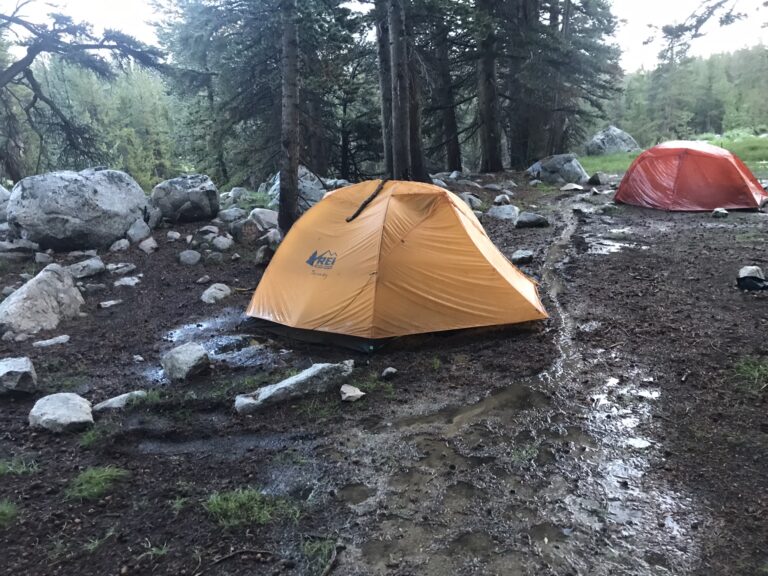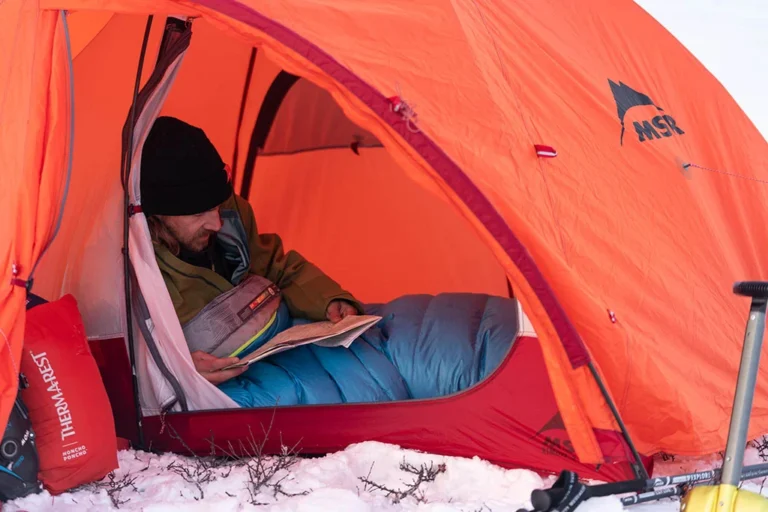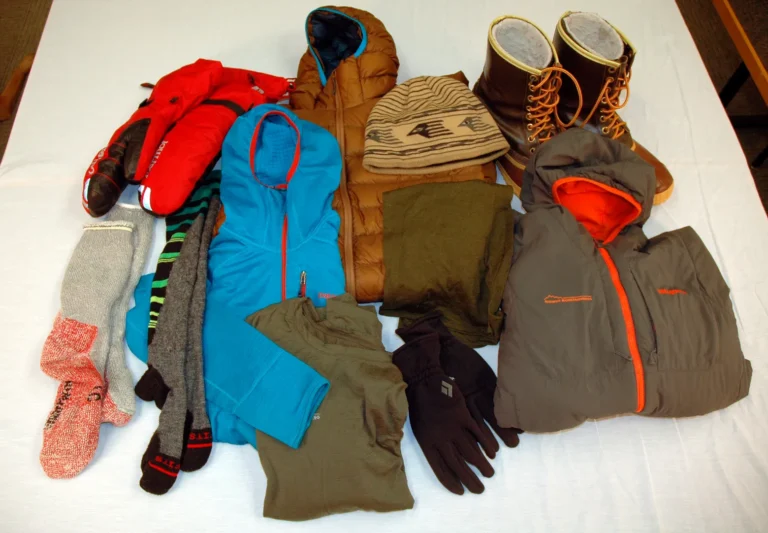Camping Contentment
At home, you probably never think about your nighttime routine before going to bed. It’s all automatic: You wash up, brush your teeth, click off the light, and then hop in the sack.
Things change when you bunk down in the woods, either in a campground or the backcountry. You’re in an entirely new environment, one that is usually much cooler than your home, and you might feel displaced or insecure. Fret not; you can cope. Try these suggestions for assuring yourself of a good night’s sleep.
Before Bed
- Eat a meal of at least a light snack before turning in for the night. The process of digestion helps you stay warm internally. It’s your body, not your sleeping bag that generates heat to keep you warm throughout the night.
- Drink up – with water, that is. Dehydration can cause a reduction in blood circulation that can leave you chilled. Having ample water in your system also helps diminish the possibility of headaches at higher altitudes.
- On chilly nights, try a little light exercise to get your blood pumping just before you hop in your bag.
- Use your sleeping bag hood or wear a warm hat. Most body heat escapes through your head.
- Use your sleeping pad to reduce contact with the cold ground.
- Avoid overdressing when you hop into your sleeping bag. Wear long underwear to fight off the chill; drape bulkier items on the outside top of your bag for an extra layer of insulation.
- Change out of any damp or sweat-soaked clothes to avoid getting chilled while in camp or as you sleep.
- Store your food where animals cannot snitch it while you sleep.
Overnight
- If you are new to backpacking and are easily spooked, avoid listening too closely to the sounds around you at night. The night woods are full of strange sounds that can seem more threatening than they really are. Small critters can sound like elephants. Just accept such sounds as the standard cacophony of nature, which repeats itself every night.
- Animals often come into campsites after sunset to search for food. Just remember that these animals are far more scared of you than you are of them.
- To make late-night trips to the latrine easier, place your flashlight and a pair of camp shoes near your tent door before you bunk down. If you tend to get thirsty at night, keep a supply of water nearby.
- If bad weather threatens, store your backpack underneath your tent vestibule or shield it with a waterproof pack cover. Make sure you don’t have any food items in your backpack that might attract animals, and leave zippered compartments open overnight so animals won’t be tempted to rip open your gear in search of a snack.
In the Morning
- Start each day with a good breakfast and an organizational meeting. Make sure that everyone is aware of the day’s plans and the route you’ll be following.
- Be sure to pack your gear according to the day’s plans. Store the items you may need during the day in easy-to-reach spots.
- Approach breaking camp as a team effort. Make sure everyone contributes.
- Before departing, make a final sweep of your campsite to make sure that it is trash free and that nothing has been left behind.






